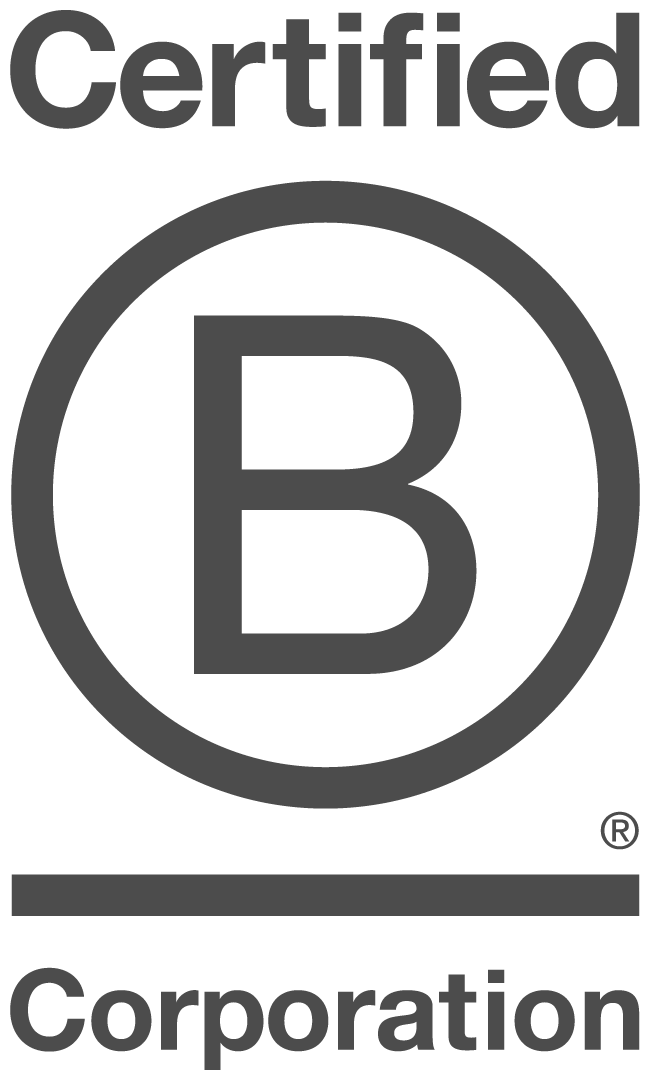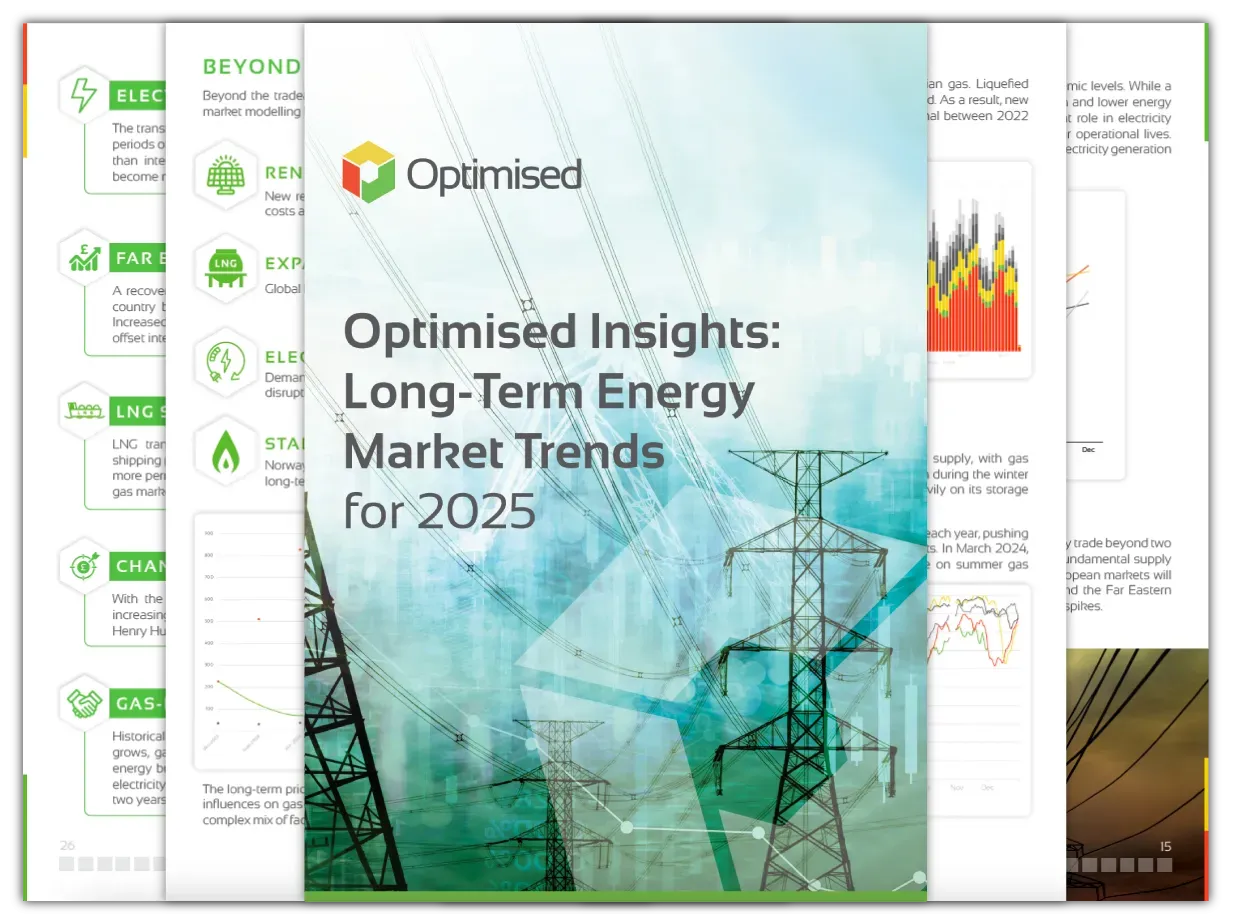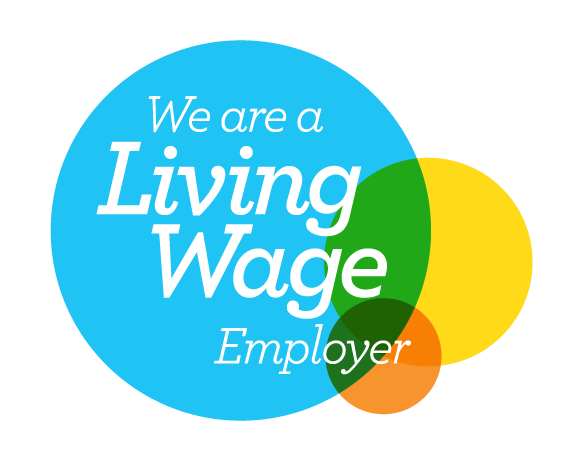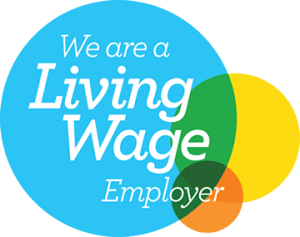A look ahead to 2025
3 Trends Affecting Energy and Carbon Managers in 2025
As we step into 2025, the role of energy and carbon managers continues to evolve amidst a rapidly changing landscape. From navigating increasingly complex compliance obligations to addressing global energy market volatility and accelerating the drive towards decarbonisation, these professionals are at the forefront of enabling businesses to meet their sustainability goals. Below, we explore three key trends shaping the field in 2025.

1. Reporting and compliance: the complexity deepens
Energy and carbon reporting requirements are ever evolving and detailed, placing a large administrative burden on organisations. In 2025, several factors are amplifying this trend:
- Evolving regulations: Frameworks like the Streamlined Energy and Carbon Reporting (SECR) and Task Force on Climate-related Financial Disclosures (TCFD) continue to expand, requiring companies to provide more granular data and demonstrate alignment with climate-related risks and opportunities.
- Scope 3 reporting: With more focus on Scope 3 emissions, covering supply chain and downstream activities, companies face the challenge of mapping, monitoring, and mitigating emissions across complex value chains as well as engaging suppliers. This is an enormous and challenging task that becomes increasingly pressing as both UK and EU regulations, as well as voluntary reporting standards such as the SBTi, progressively require Scope 3 emissions reporting.
- Integration of digital tools: To manage compliance effectively, businesses are increasingly adopting advanced digital solutions. Energy and carbon managers must stay ahead by leveraging tools for automated data collection, real-time monitoring, and analytics to ensure compliance while reducing the time spent on manual processes.
2. Energy market volatility: navigating uncertainty
The energy market remains a critical concern for businesses, with geopolitical tensions, supply chain disruptions, and the energy transition causing significant instability. Key issues for 2025 include:
- Ongoing conflicts and geopolitical disputes are expected to impact energy supply and pricing, requiring businesses to adopt robust risk management strategies.
- While renewable energy adoption grows, grid reliability and storage constraints present hurdles, especially during periods of high demand or low renewable generation.
- Fluctuating energy prices demand a proactive approach, with energy managers exploring options like long-term power purchase agreements (PPAs), demand-side response strategies, and diversified energy procurement.
To mitigate these challenges, organisations must prioritise energy efficiency measures and optimise procurement strategies to enhance resilience.
Unlock the Key Insights: Energy Market Trends for 2025
Prepare for the future with Optimised Insights: Long-Term Energy Market Trends 2025, a concise analysis of energy markets in Great Britain and Europe.
This report highlights supply, demand, regulation, and decarbonisation trends for energy buyers and decision-makers.
- Understand how global events disrupt supply chains and markets.
- Explore the rise of LNG and its impact on pricing and competition.
- Learn about GB’s 2030 renewable energy targets.
- Discover strategies to manage risks and leverage opportunities.
- Gain insights into pricing, demand, and regulatory impacts.
3. Decarbonisation pathways: from goals to action
The clock is ticking and businesses that have committed to net-zero targets for 2030 and 2050 are needed to focus on turning their pledges into actionable decarbonisation strategies. This requires addressing emissions across all three scopes in a coordinated and systematic way:
- For Scope 1 and 2 emissions, companies can focus on transitioning to renewable energy, electrifying fleets, and improving energy efficiency in direct operations. Investments in on-site efficiencies, renewable generation and battery storage are becoming increasingly common.
- Tackling Scope 3 emissions remains a complex yet critical task due to the vast scope of indirect emissions involved. These include everything from raw material extraction and supplier processes to product use and disposal by customers. Addressing these emissions requires organisations to map their entire value chain, prioritise high-impact areas, and establish clear metrics for progress. Successful decarbonisation involves fostering close collaboration with suppliers to encourage low-carbon practices, redesigning procurement strategies, and integrating sustainability into product design. Engaging customers to adapt usage patterns and reduce downstream emissions further amplifies the challenge, but it is essential for achieving net-zero goals.
Achieving net-zero is a company-wide mission for many businesses, with energy and sustainability functions playing a pivotal role in driving these initiatives, ensuring their organisations stay on track to meet climate targets while delivering tangible business value.
Preparing for the Road Ahead
The challenges of 2025 present significant opportunities for energy and carbon managers to lead transformative change within their organisations. By staying informed about regulatory shifts, building resilience against energy market volatility, and driving forward ambitious decarbonisation strategies, they can position their companies as leaders in sustainability.
At Optimised, we have spent decades helping businesses navigate these hurdles with proven solutions. Our expertise in advanced energy management systems, carbon reduction strategies, and sustainability integration ensures that organisations not only meet their regulatory obligations but also drive cost savings and measurable environmental impact.

Article by Rachel Hunter
Director of Marketing
As a seasoned strategic marketer, Rachel brings extensive experience across the climate change, energy, and advisory sectors, as well as in high-growth businesses. At Optimised, Rachel leverages her expertise to drive impactful marketing and communications strategies that align with both business objectives and emerging industry trends.
BOOK YOUR 30-MINUTE ENERGY MANAGEMENT CONSULTATION
Fill in your details below to arrange a complimentary consultation with one of our experts. They will give you bespoke advice to help your business achieve all its energy needs, reducing cost, consumption and carbon.



